The Ultimate Guide to Vitamin C Rich Foods for Vegetarians
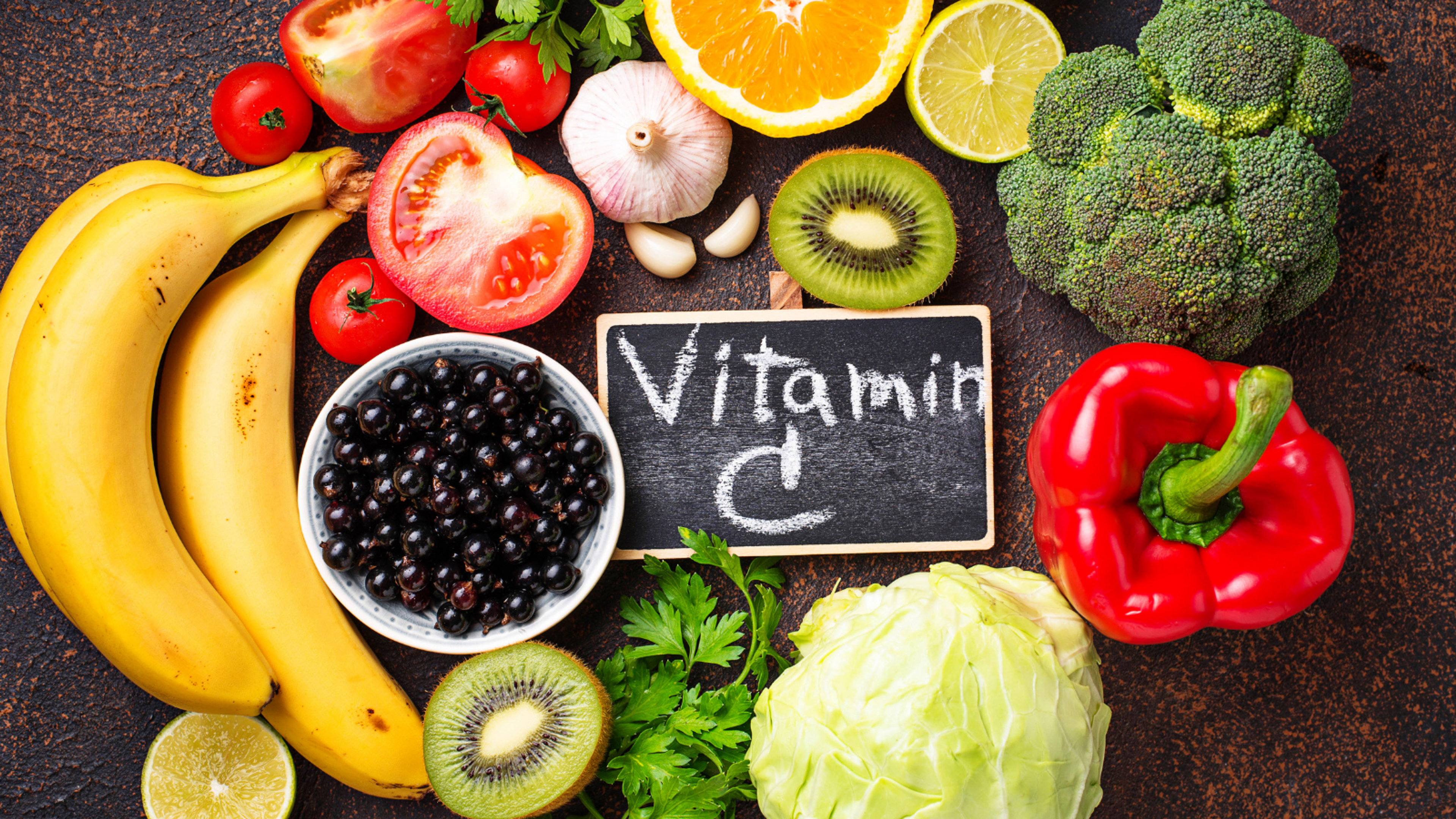
- Key Takeaways
- Top Vitamin C-Rich Foods for Vegetarians
- Benefits and Importance of Vitamin C for Vegetarians
- How to Incorporate Vitamin C-Rich Foods into a Vegetarian Diet
- Cooking and Storing Vitamin C-Rich Foods
- Conclusion
- FAQs
Are you a vegetarian concerned about getting enough Vitamin C in your diet? Known as a potent antioxidant, Vitamin C plays an important role in maintaining immune function. Our guide uncovers the best plant sources rich in this vital nutrient, ensuring not only sufficient intake but also variety and enjoyment in your meals.
Dive into delicious wellness with our ultimate list of vitamin C-rich foods for vegetarians!
Key Takeaways
- Kakadu plums are the world's richest source of vitamin C, providing 3,000% of your daily requirement in just 100 grams.
- Acerola cherries offer 30 times more vitamin C than oranges and contain antioxidant compounds that combat free radicals.
- Rose hips have twenty times more vitamin C than oranges and also provide vitamins A and E, essential fatty acids, and disease-fighting antioxidants.
Top Vitamin C-Rich Foods for Vegetarians
Kakadu plums, Acerola cherries, Rose hips, Chili peppers, Guavas, Sweet yellow peppers, Black currants, Cantaloupe, Parsley, Mustard spinach, and mango are all excellent sources of vitamin C and other essential nutrients.
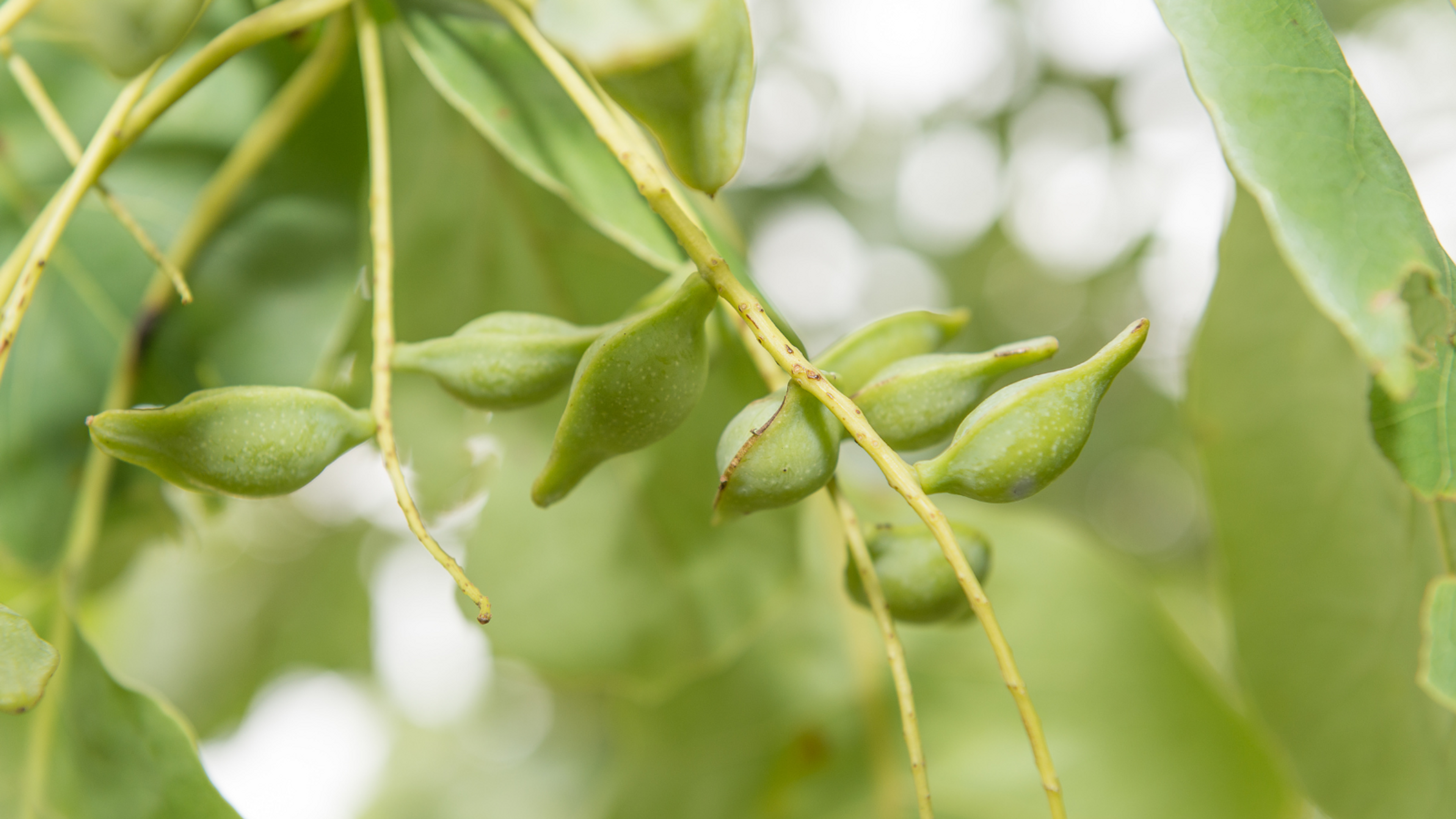
Kakadu plums, native to Australia, are revered as the world's richest source of vitamin C. Just 100 grams of these nutrient-dense fruits provide an impressive 3,000% of your daily vitamin C requirement. Incorporating Kakadu plums into a vegan diet can be a great way to boost your vitamin C intake while enjoying a delicious and healthy snack.
That's a whopping 55 times more than what you would find in oranges! Packed with ascorbic acid equivalent to pure Vitamin C and full of antioxidants, Kakadu plums can boost your immune system considerably, making them a great option to prevent vitamin c deficiency.
This makes them not only a tasty treat but also a superfood that contributes significantly to overall health. The high vitamin C content has made Kakadu plum extract extremely popular due to its numerous potential health benefits, including boosting metabolism.
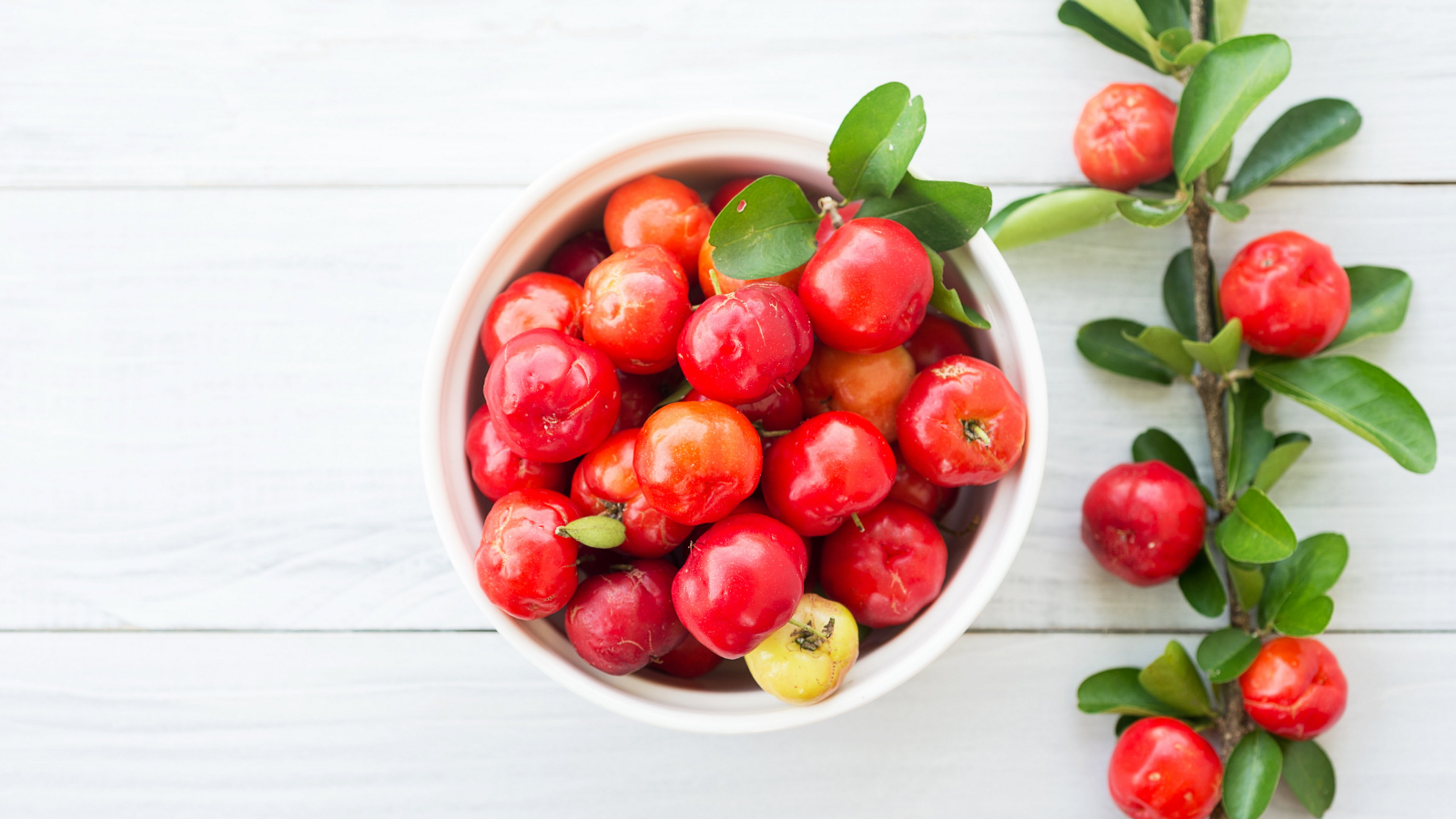
Acerola cherries pack a mighty punch in terms of vitamin C content. With 30 times the amount found in oranges, these small fruits make an impressive contribution to a vegetarian's intake of this crucial nutrient.
They stand out as one of the richest natural sources of vitamin C worldwide.
The benefits extend beyond just vitamin C. Acerola cherries also host significant concentrations of antioxidant compounds like carotenoids which help combat harmful free radicals in the body.
Many choose to tap into their nutritional prowess through acerola cherry supplements, offering a convenient method to ingest their high levels of vitamin C and boost overall health. The National Institutes of Health (NIH) has recognized the potential benefits of acerola cherry, including its antioxidant properties and potential to support immune function.
Rose hips
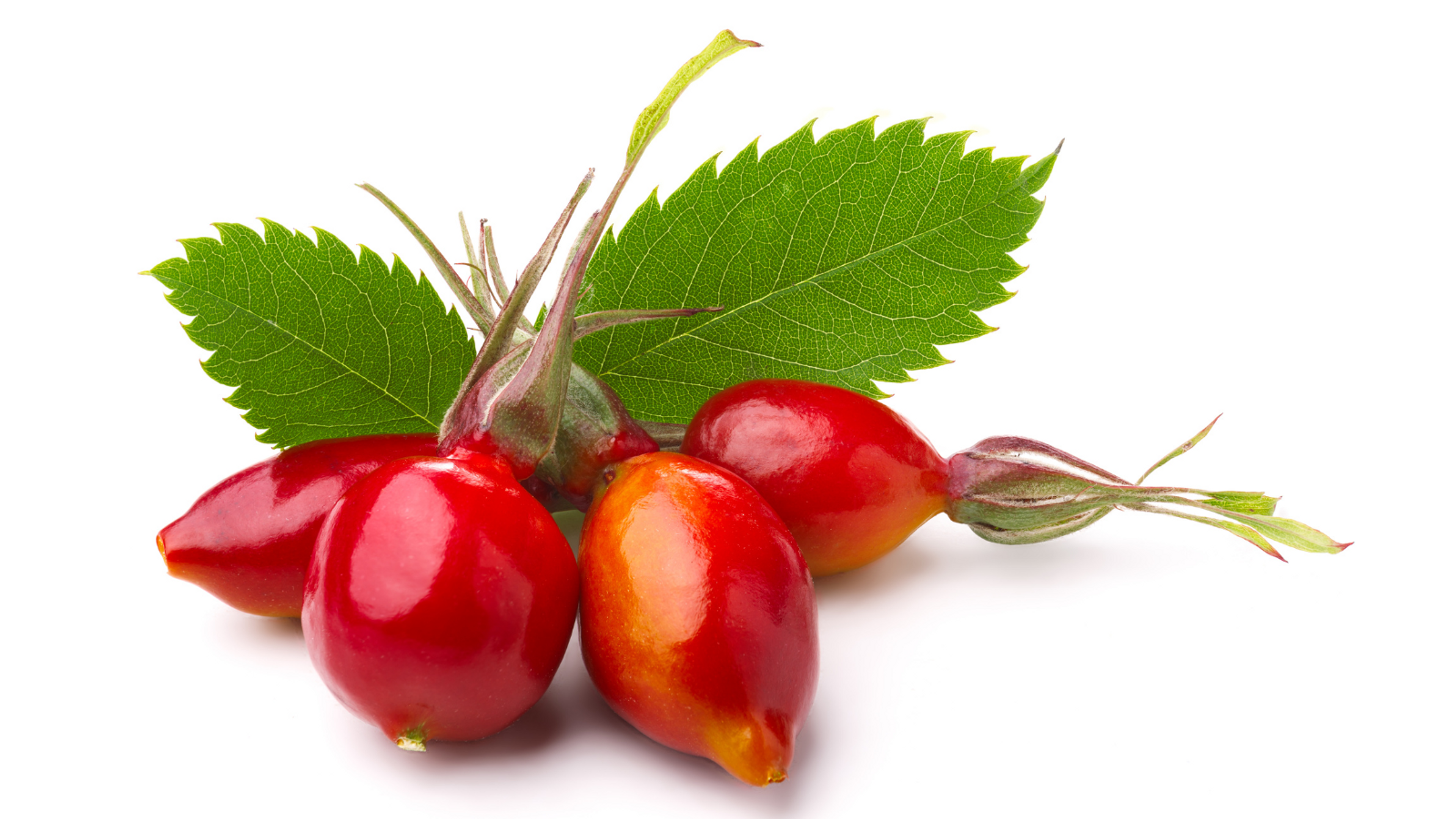
Rose hips stand out as a powerhouse of nutrition for vegetarians with their impressively high vitamin C content. This small, vibrant red fruit not only boasts twenty times the amount of this powerful antioxidant than oranges but it also offers an excellent dose of vitamins A and E.
Known for being low in sodium and rich in essential fatty acids, calcium, iron, disease-fighting antioxidants such as catechins, quercetin, and ellagic acid, rose hips are also a good source of folate, making them a top spot on any vegetarian's grocery list.
The presence of lycopene augments its health benefits further. Consuming these nutrient-dense fruits supports your immune system by combating harmful free radicals while promotes overall health.
Chili peppers
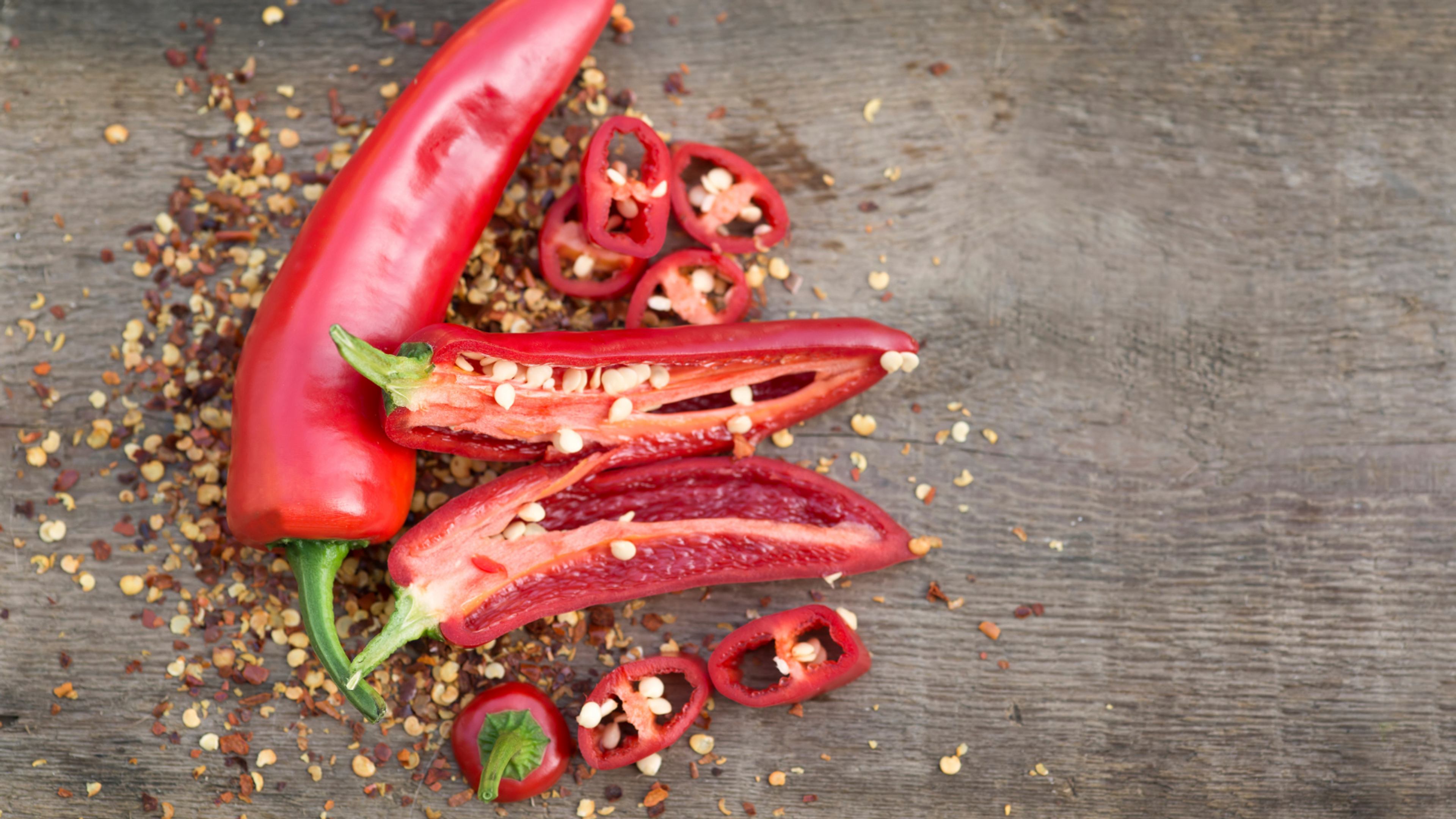
Chili peppers are not only known for adding a spicy kick to your dishes, but they also pack a powerful punch of vitamin C. In fact, green chili peppers contain an impressive 242 mg of vitamin C per 100 g.
That's more than double the amount found in oranges! Just one green chili pepper can deliver 121% of the recommended daily value for vitamin C. Even red chili peppers provide a respectable amount, delivering 72% of the DV for this important nutrient.
Besides being rich in vitamin C, chili peppers are also a great source of carotenoids, which are precursors to both vitamin A and ascorbic acid. Smoking chili peppers is a popular way to add some zest to your meals while also enjoying the health benefits they offer. So next time you're looking to boost your immune system and add some flavor to your dishes, consider smoking those fiery chili peppers!
Guavas
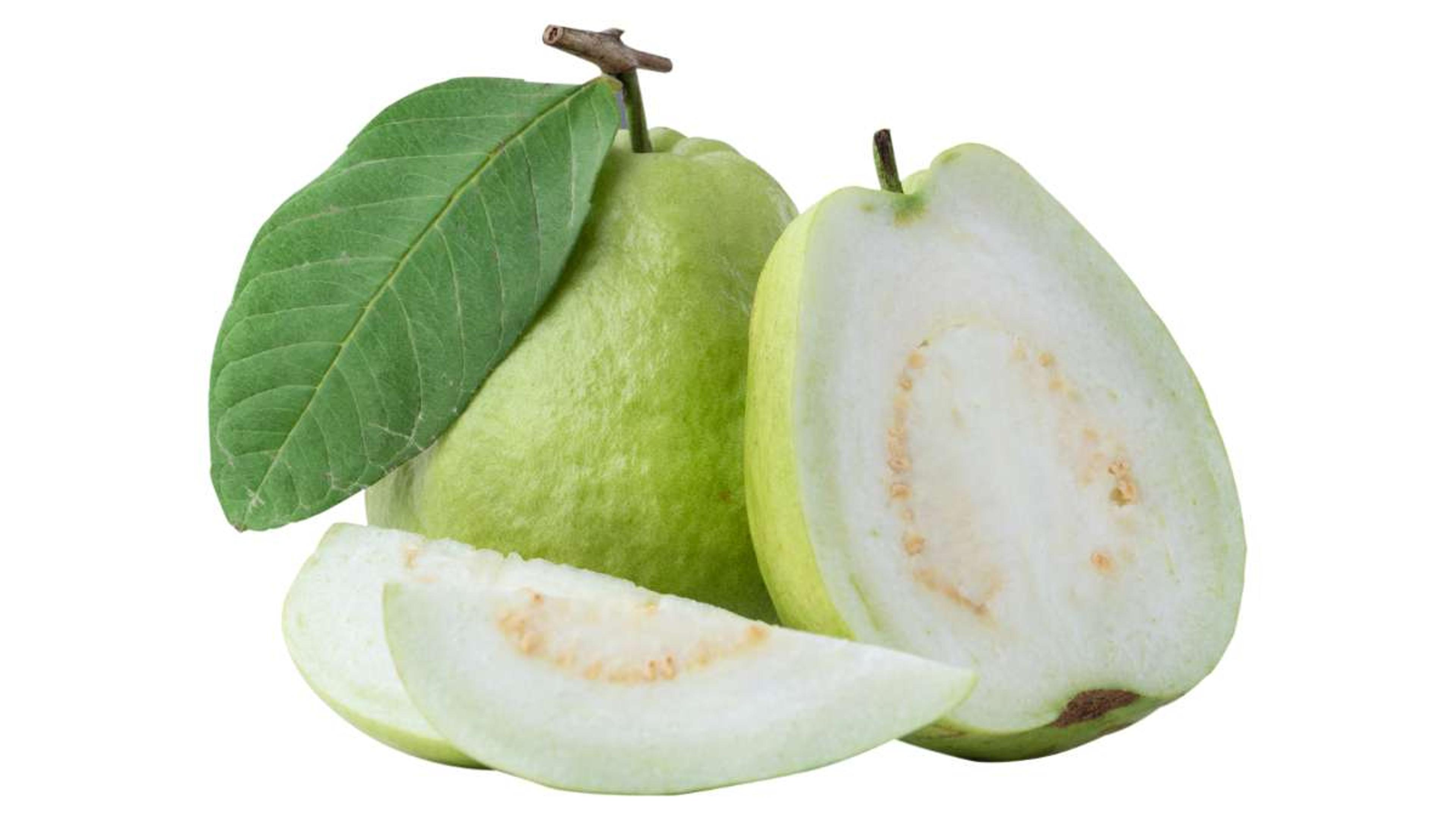
Guava is a fantastic source of vitamin C, making it one of the top choices for vegetarians looking to boost their intake. In fact, guavas contain even more vitamin C than oranges! Just one cup of raw guava provides a whopping 377mg of vitamin C, which covers an impressive 419% of your daily value.
Not only that, but guavas are also low in calories and carbohydrates while being high in fiber. Plus, with its high vitamin C content, guava is great for promoting healthy skin. So if you're on the lookout for a delicious fruit that's packed with nutrients, be sure to include guavas in your diet.
Sweet yellow peppers
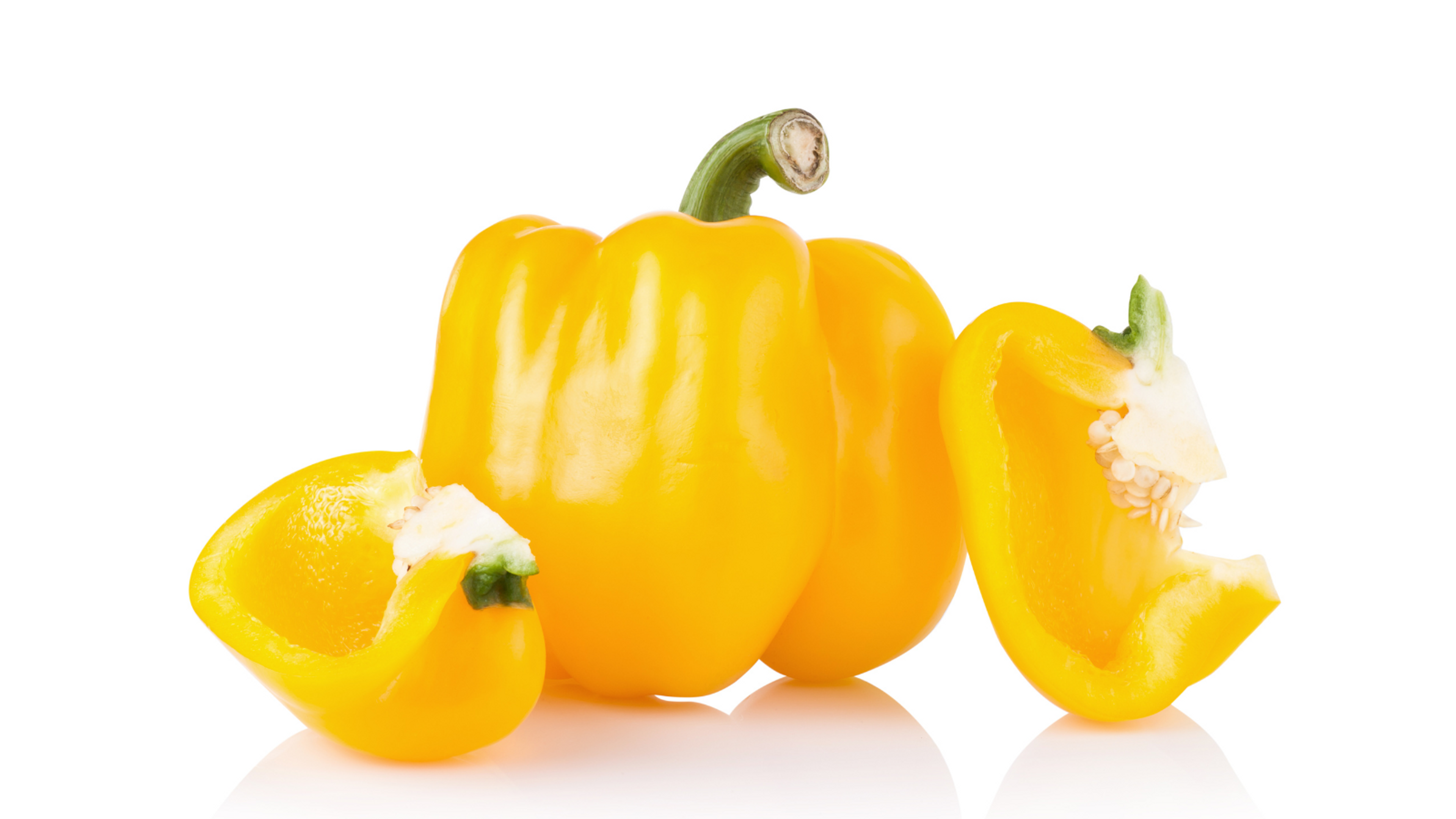
Sweet yellow peppers are a fantastic choice for vegetarians looking to boost their vitamin C intake. These vibrant peppers contain 139 milligrams of vitamin C per 100 grams, making them an excellent source of this essential nutrient.
Just half a yellow pepper can provide as much as 100mg of vitamin C, helping to support a healthy immune system and promote overall well-being. Not only are sweet yellow peppers rich in vitamin C, but they also offer other nutritional benefits like vitamins A and potassium.
Black currants
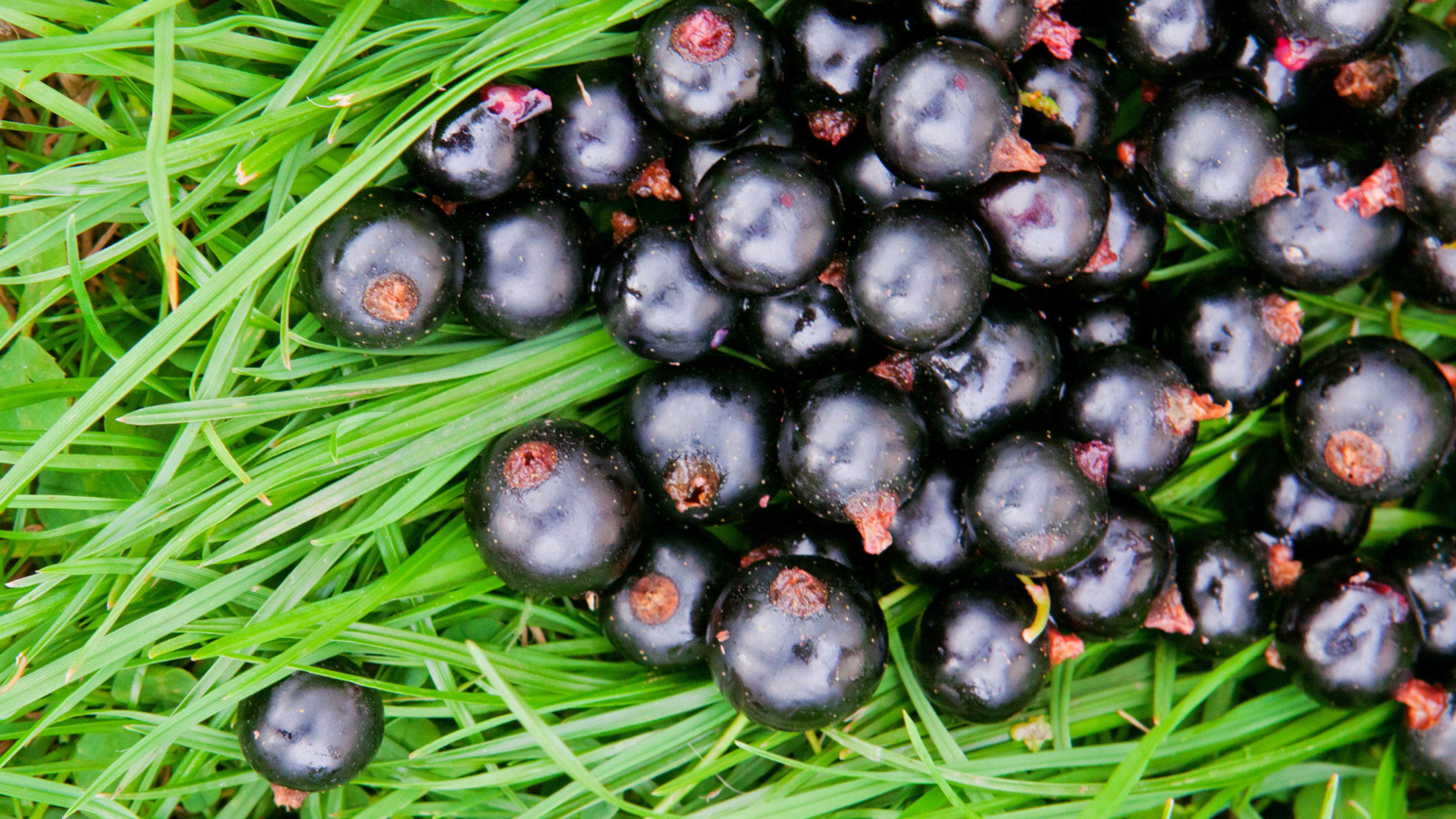
Black currants are a powerhouse of vitamin C, containing 160-285 mg per 100g. With their low calorie content and high nutrient density, black currants are an excellent choice for vegetarians looking to boost their vitamin C intake.
Not only do they provide a good amount of fiber, but black currants also offer numerous health benefits. They can improve eye health and contribute to healthy skin. So, incorporate some black currants into your diet to enhance your overall well-being. Blueberries, another fruit with high levels of antioxidants, can also be added to your diet for a boost in nutrition.
Cantaloupe
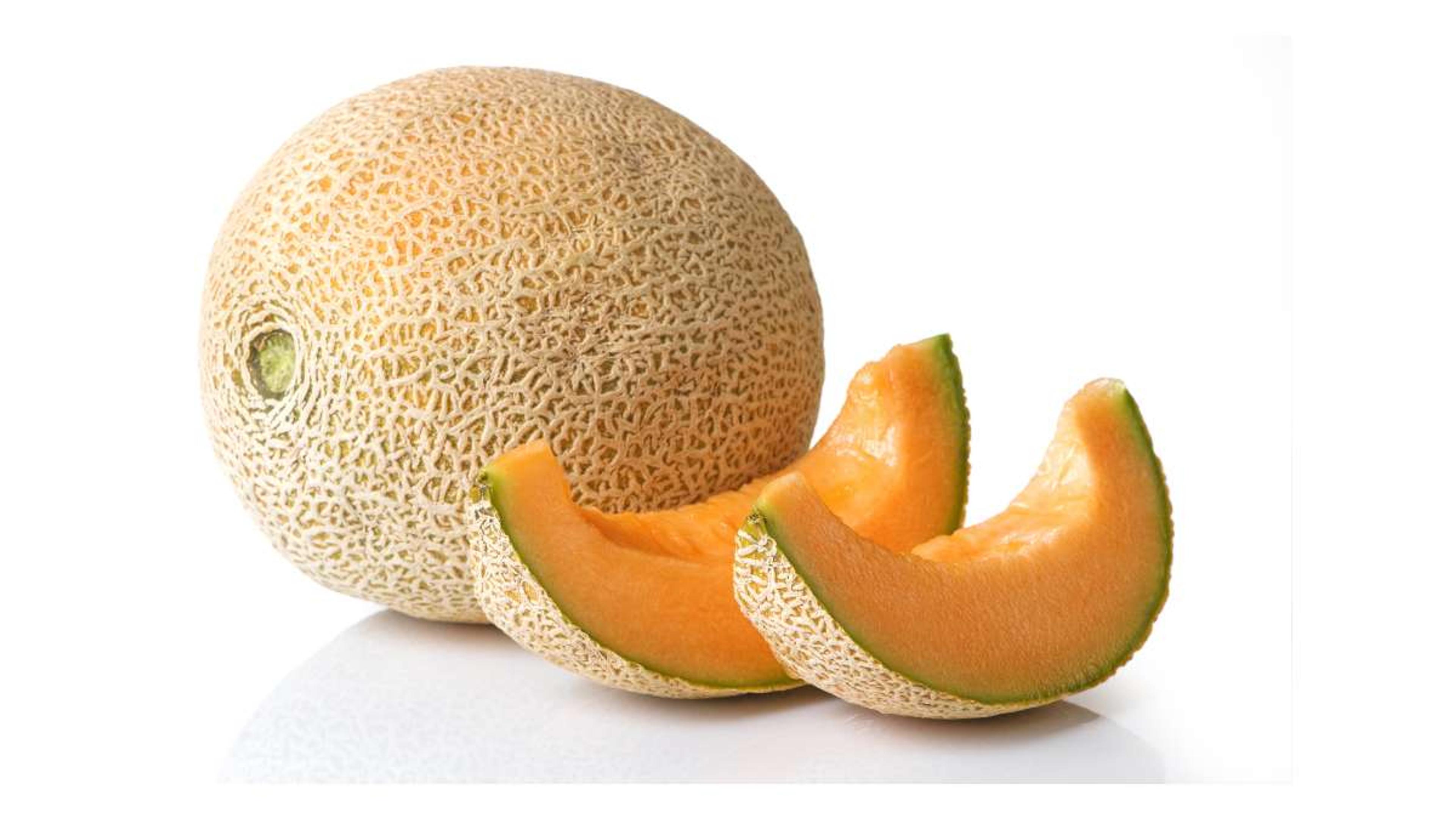
Cantaloupe is a fantastic choice for vegetarians looking to increase their vitamin C intake. This delicious melon not only packs a juicy and refreshing flavor, but it also offers numerous health benefits.
With its high fiber, potassium, vitamin C, and choline content, cantaloupe supports heart health and helps lower blood pressure. Just one cup of cantaloupe provides an impressive 72% of the daily recommended intake of vitamin C based on a 2,000 calorie per day diet.
Additionally, this nutritious fruit is rich in other essential nutrients such as vitamin A and fiber. So grab a slice of cantaloupe to boost your immune system while enjoying its sweet taste!
Parsley
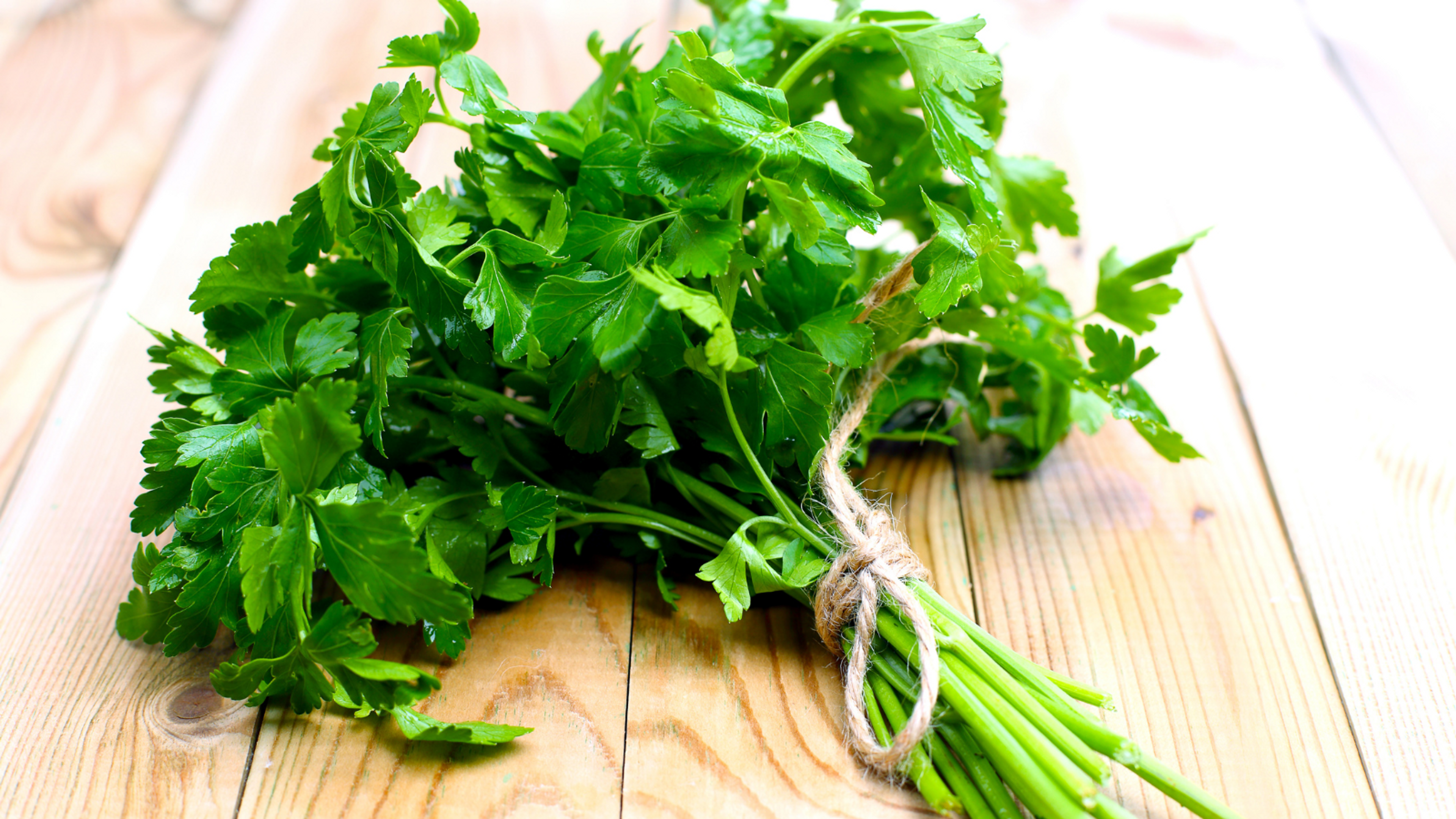
Parsley is not just a garnish on your plate, but also a powerhouse of nutrients. This humble herb is rich in both vitamin C and K, which plays a crucial role in blood clotting and heart health.
Just ten sprigs of parsley can provide you with the recommended daily intake of vitamin K. Moreover, parsley contains high levels of vitamin C and carotenoids, which act as antioxidants to protect your cells from damage.
Additionally, this leafy green herb is packed with potassium, magnesium and calcium - essential minerals for maintaining strong bones. Don't overlook the nutritional benefits that parsley has to offer; it's not only flavorful but also beneficial for your overall health and energy production!
Mustard spinach
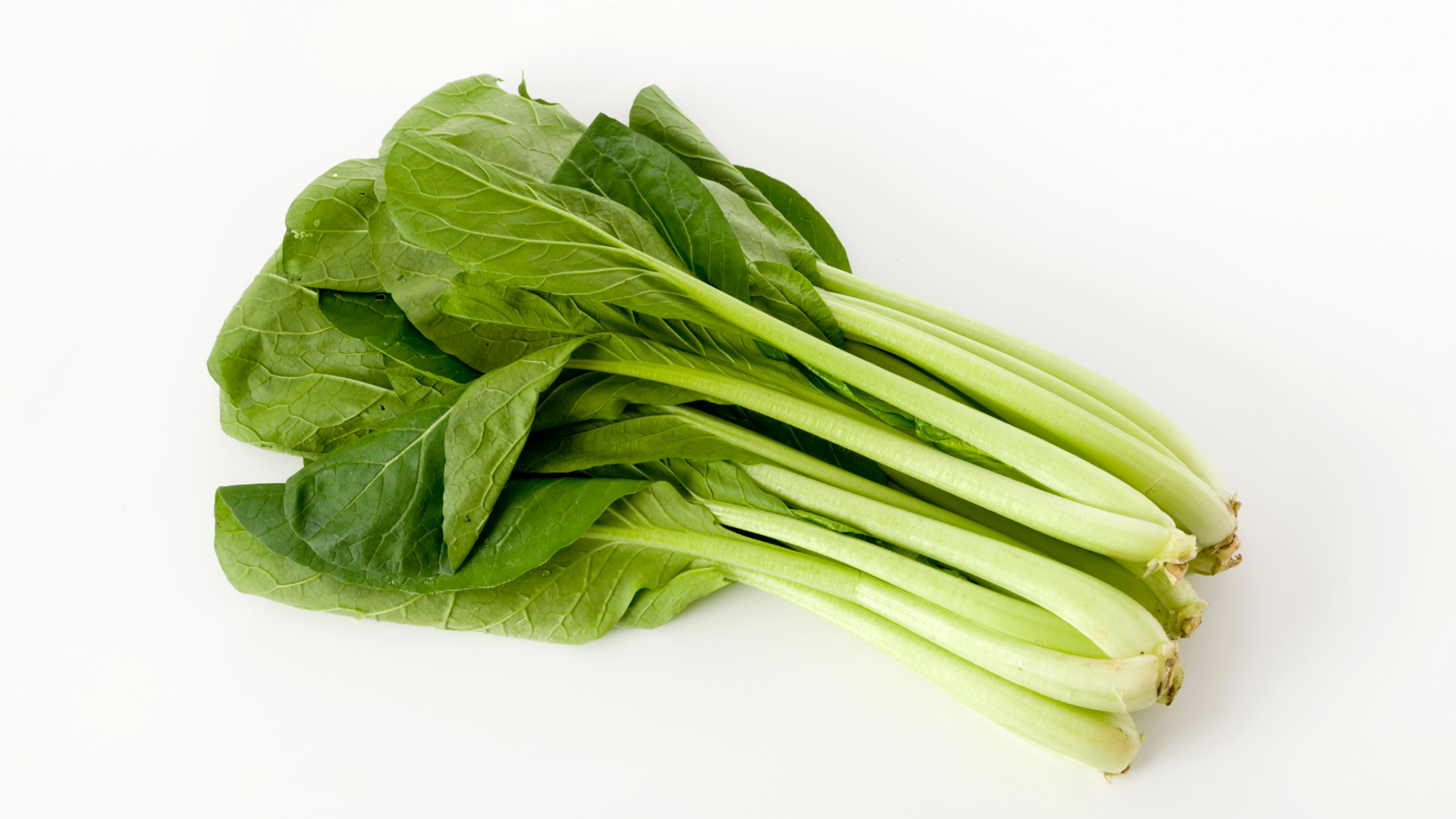
Mustard spinach is a nutrient-packed dark, leafy cruciferous vegetable. It is not only high in essential nutrients like vitamin A, potassium, calcium, manganese, and fiber, but it also contains significant amounts of vitamin C.
In fact, mustard greens have more vitamin C than oranges! Adding mustard spinach to your vegetarian diet can provide numerous health benefits. It has been associated with lower blood pressure and a reduced risk of chronic diseases.
Plus, it is a great source of potassium for maintaining healthy blood vessels and calcium for strong bones. With its abundance of vitamins and minerals, mustard spinach is an excellent addition to any vegetarian's plate.
Kale
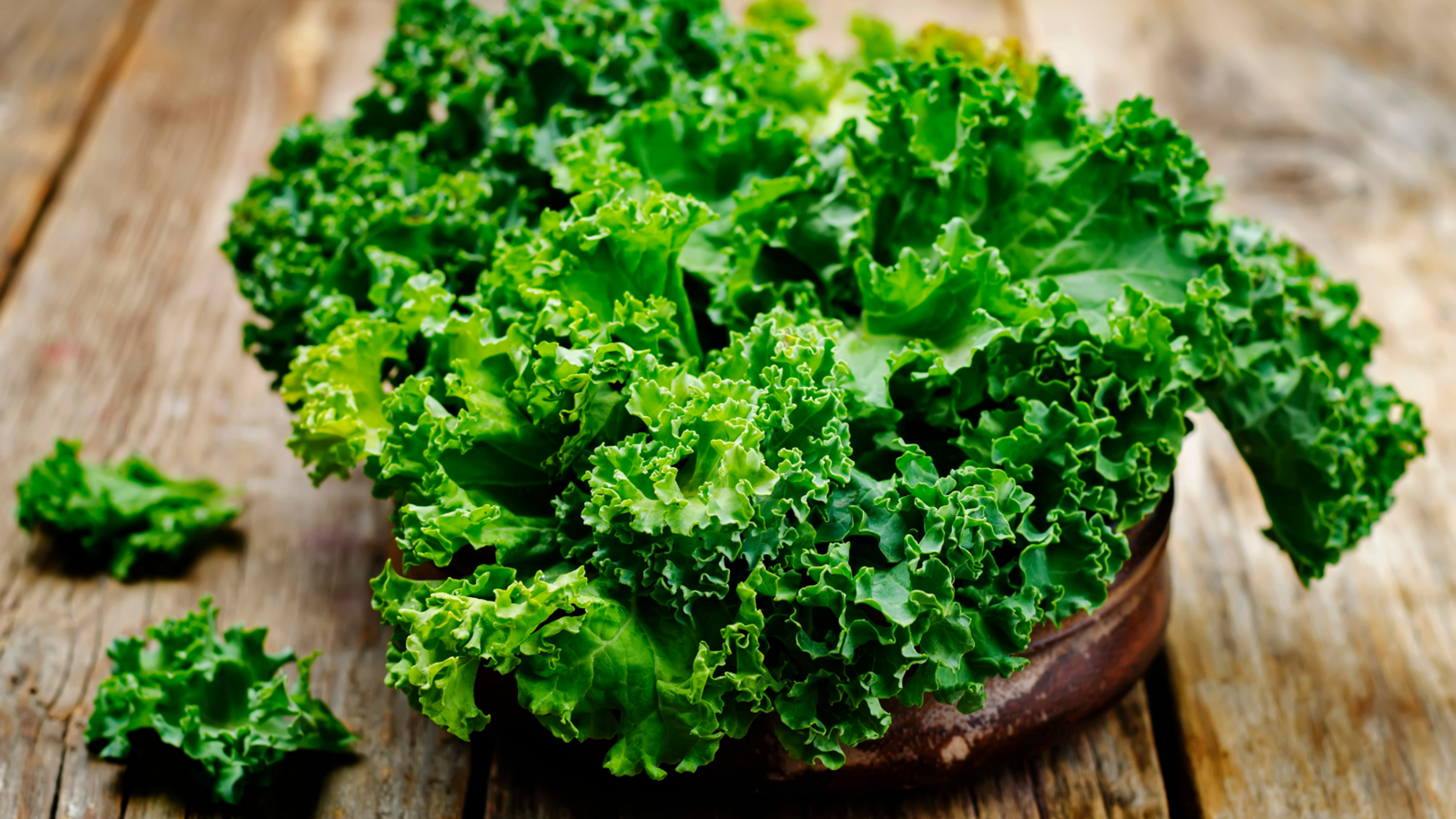
Kale is a powerhouse when it comes to vitamin C-rich foods for vegetarians. Packed with fiber, antioxidants, and essential nutrients, kale is an excellent addition to any vegetarian diet.
In fact, it contains four times the amount of vitamin C as spinach and twice the selenium content. Vitamin C plays a crucial role in maintaining a healthy immune system and promoting collagen production for healthy skin and joints.
Not only that, but kale also provides important carotenoids that support eye health. With its impressive nutritional profile, including vitamin K and other beneficial compounds, kale is definitely a vegetable worth incorporating into your meals.
Kiwis
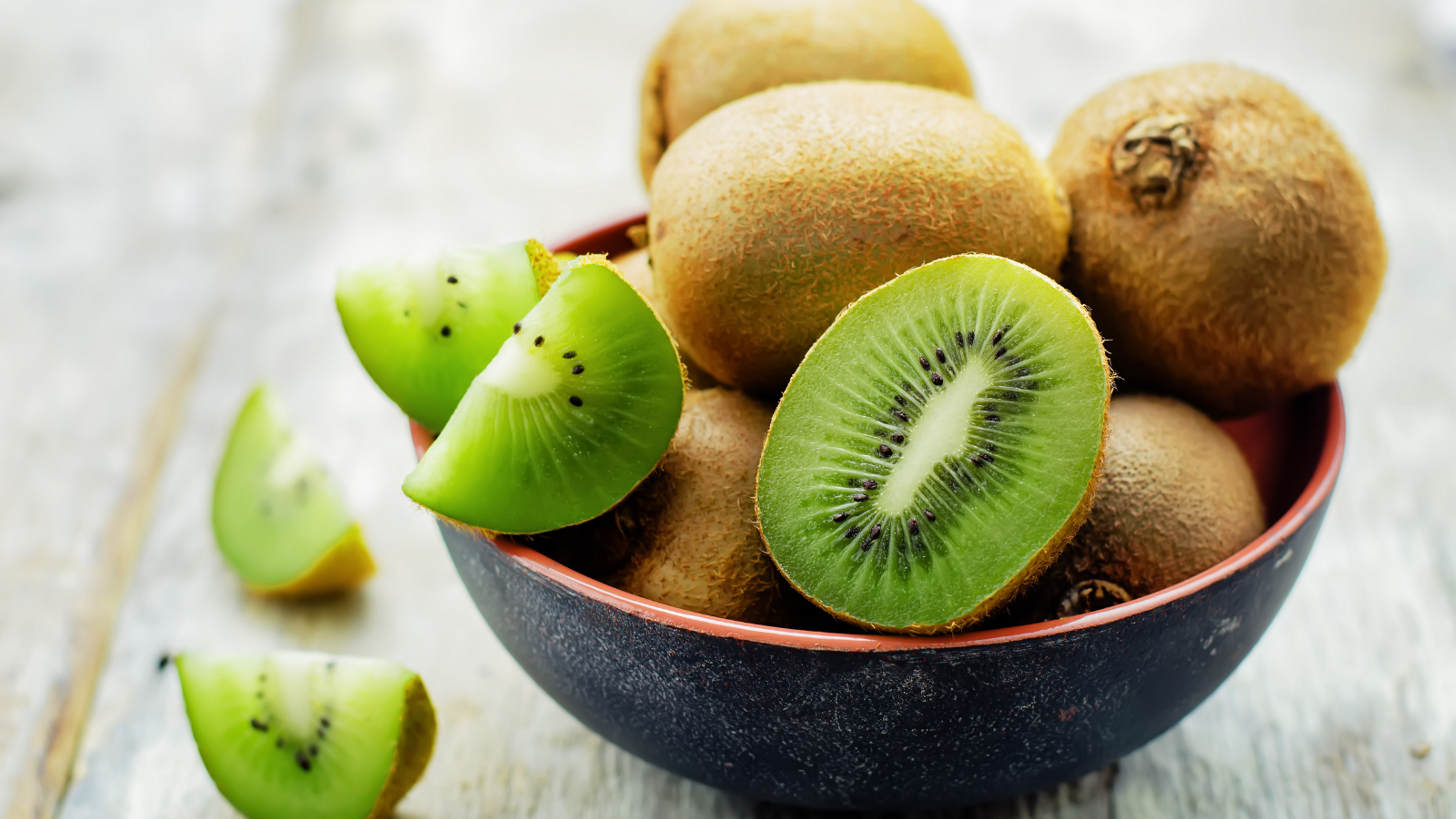
Kiwis are not only delicious but also pack a punch when it comes to vitamin C. These small, fuzzy fruits are exceptionally high in this essential nutrient, providing an impressive amount with just one serving.
In addition to their vitamin C content, kiwis are also rich in dietary fiber and offer a variety of other health benefits. From supporting heart health to aiding digestion, incorporating kiwis into your vegetarian diet is a great way to boost your overall well-being.
So next time you're looking for a tasty and nutritious snack, reach for a kiwi!
Broccoli
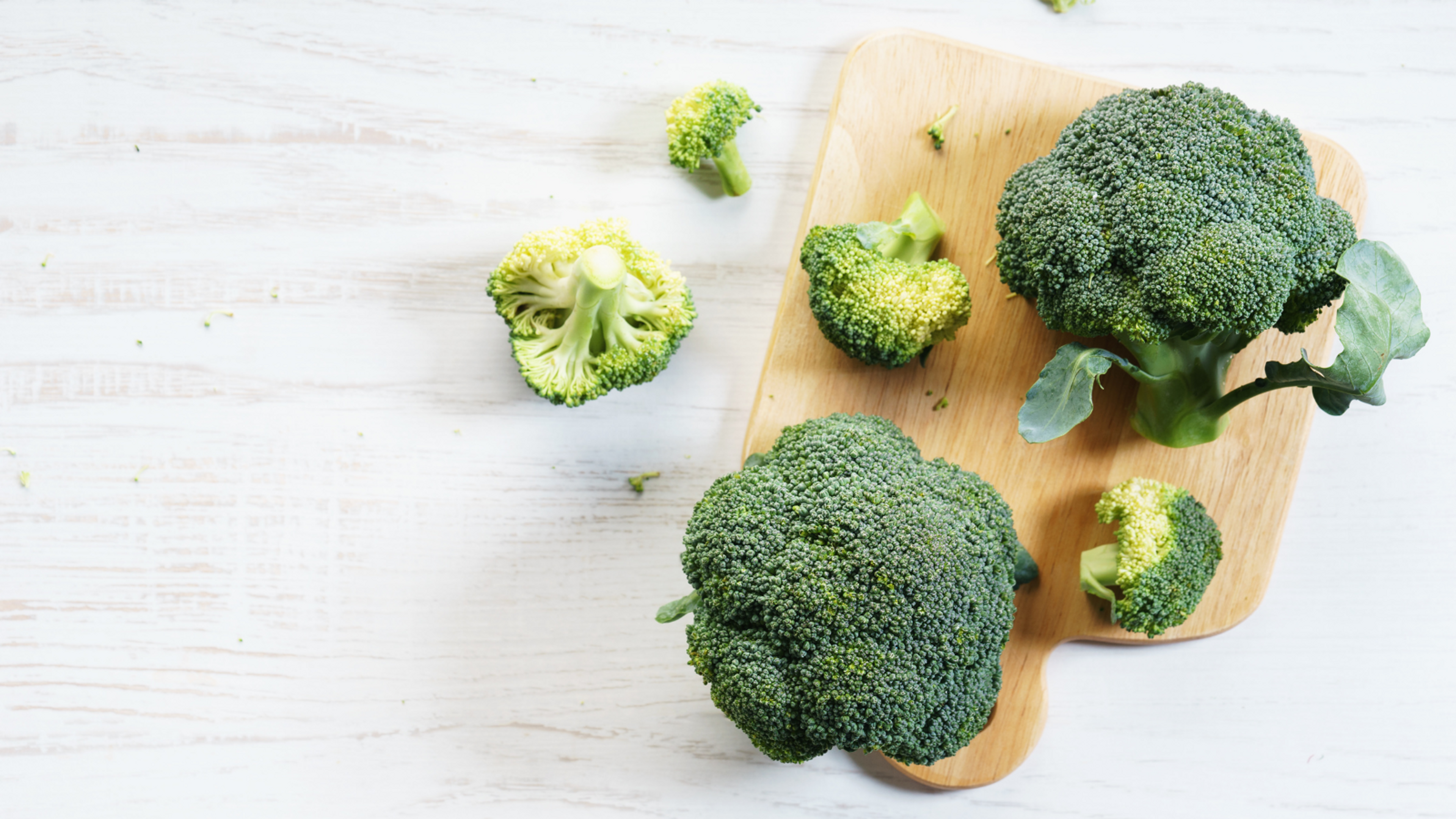
Broccoli is a powerhouse when it comes to vitamin C. This essential nutrient plays a crucial role in maintaining a strong immune system, which is especially important for vegetarians.
Just one 200-calorie portion of broccoli can provide an impressive 525 mg or 583% of the recommended daily intake of vitamin C. It's worth noting that cooking broccoli slightly reduces its vitamin C content compared to eating it raw.
In addition to being rich in vitamin C, broccoli also contains fiber, vitamin K, iron, and potassium - all contributing to overall nutrient intake. Plus, as a cruciferous vegetable, broccoli may even lower the risk of certain types of cancer.
Brussels sprouts
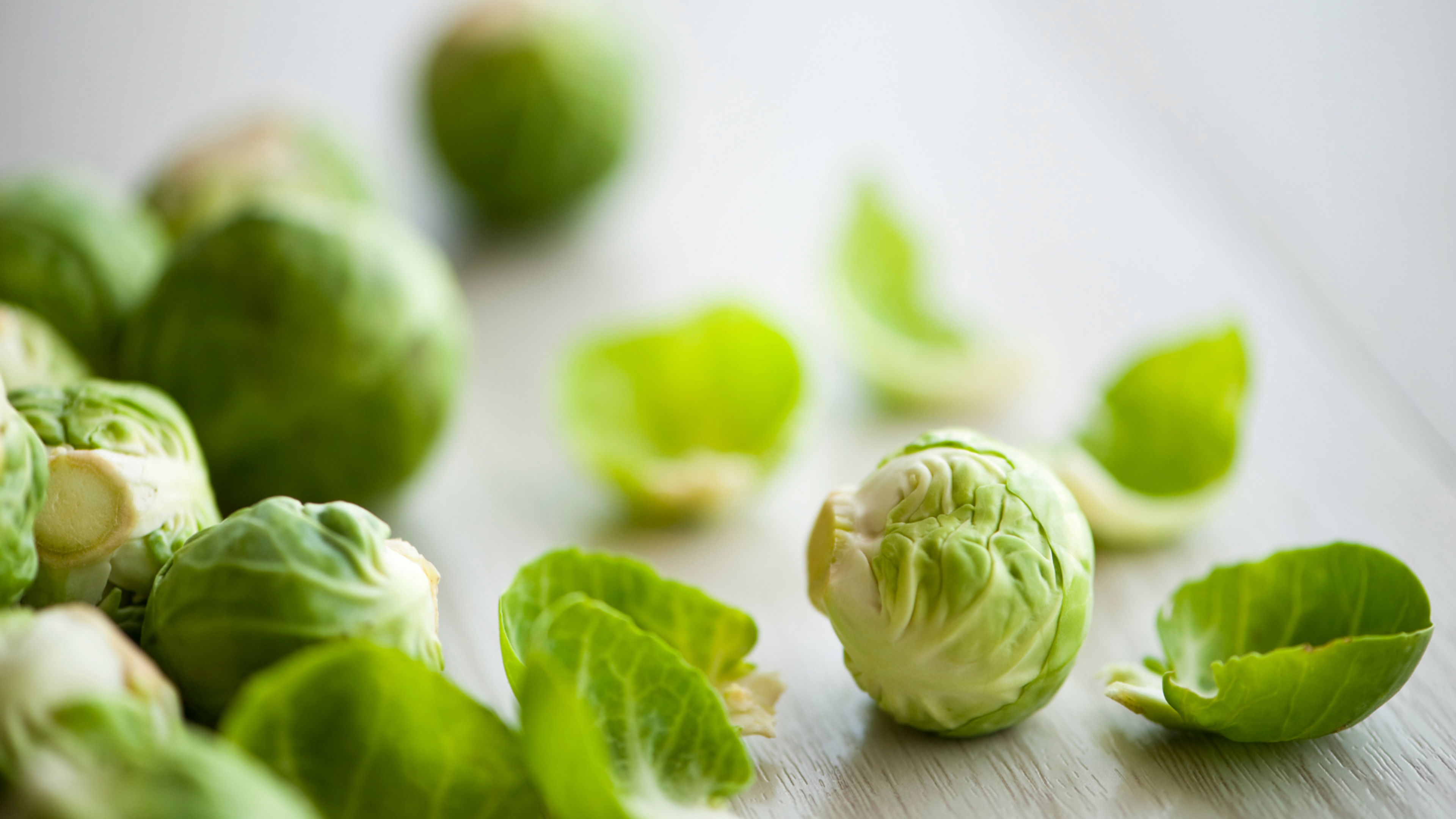
Brussels sprouts belong to the cruciferous vegetable family, known scientifically as Brassica oleracea. Packed with essential nutrients, these small green vegetables are particularly rich in vitamin C and vitamin K.
In addition to their nutritional value, Brussels sprouts also contain antioxidants like beta-carotene, kaempferol, and sulfur-based compounds. These antioxidants play a crucial role in protecting the body against harmful free radicals and reducing inflammation.
Furthermore, their high vitamin C content makes Brussels sprouts a powerful antioxidant that contributes to overall health and well-being.
Another notable benefit of Brussels sprouts is their potential for cancer prevention. The combination of antioxidants and other bioactive compounds found in these vegetables has been linked to inhibiting the growth of cancer cells and reducing the risk of certain types of cancers.
Lemons
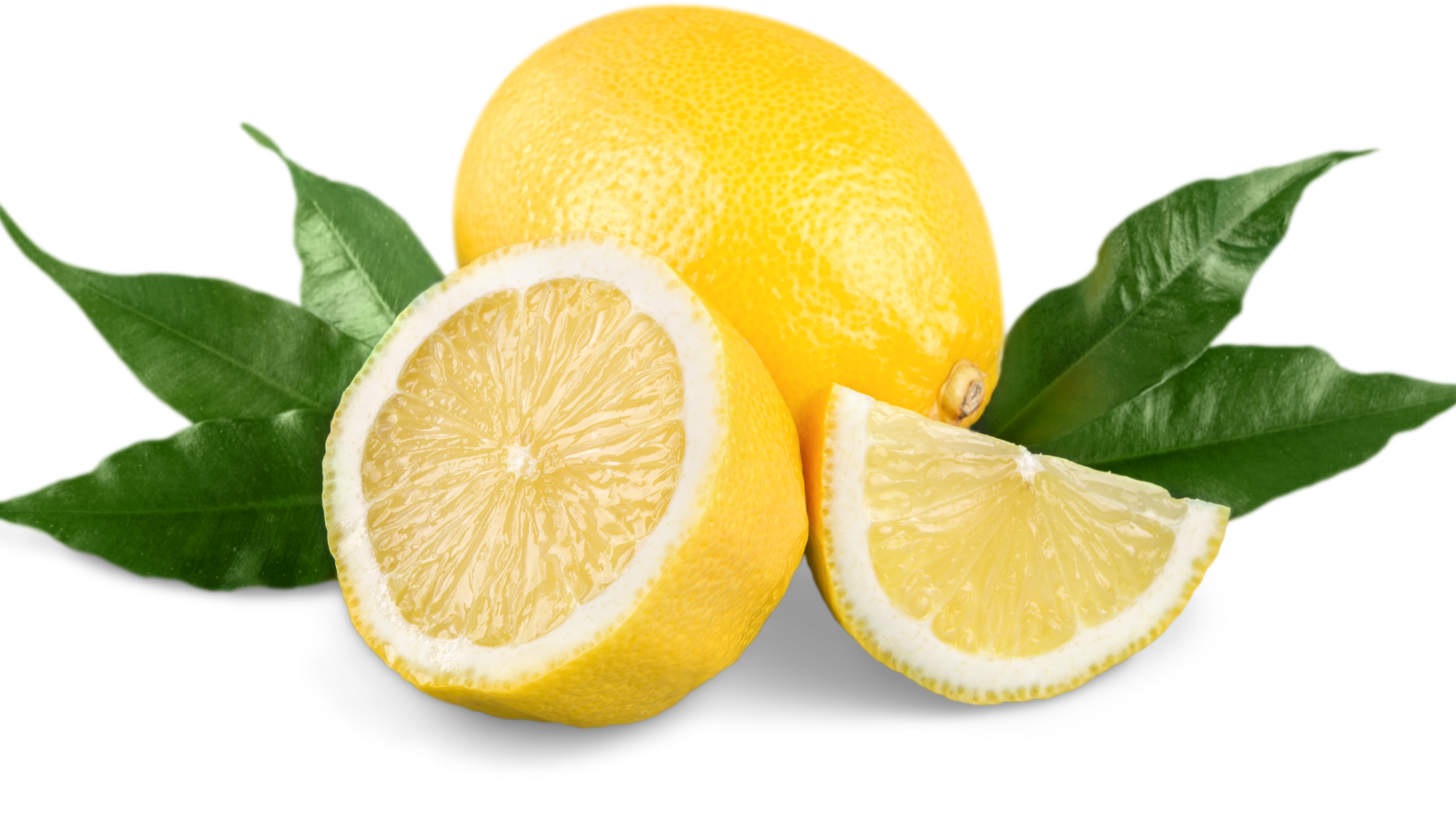
Lemons are an excellent source of vitamin C, providing approximately 53 mg per 100 g of juice. In fact, they contain more vitamin C than popular fruits like apples, honeydew melons, raspberries, and mangoes.
Citrus fruits like lemons are known for their high vitamin C content, which is essential for maintaining a strong immune system and overall health. One easy way to incorporate lemons into your diet is by squeezing them on food for added flavor and the benefits of vitamin C.
So next time you're whipping up a salad or marinating some grilled veggies, don't forget to add a splash of lemon juice for that extra boost of this powerful antioxidant.
Lychees
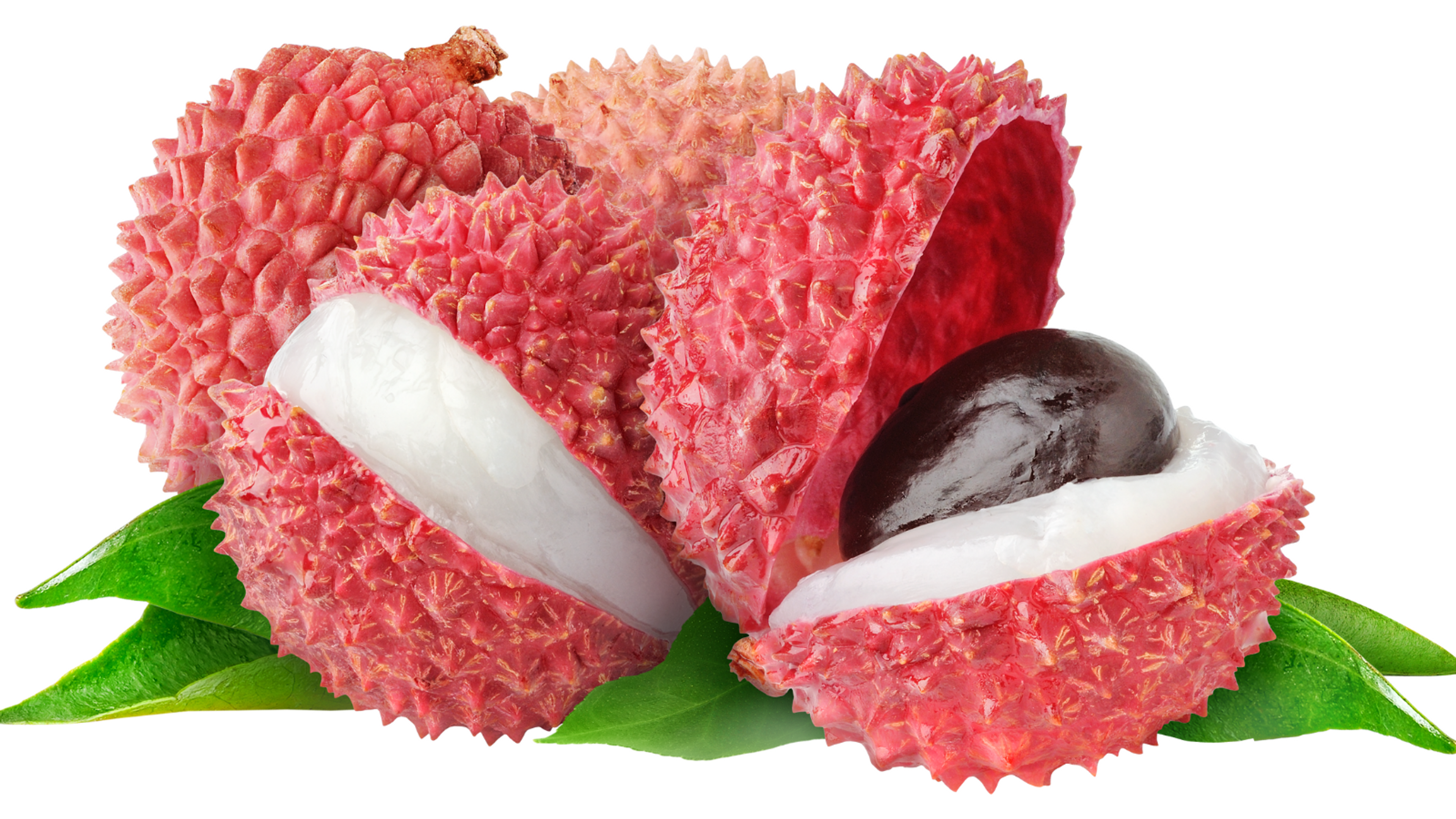
Lychees are a delicious and nutritious fruit that is high in vitamin C, copper, and potassium. These small fruits are packed with minerals, vitamins, and antioxidants like epicatechin and rutin.
They are considered one of the top vitamin C-rich foods for vegetarians. In addition to vitamin C, lychees also contain significant amounts of polyphenols, carotenoids, manganese, and B vitamins.
Including lychees in your diet can provide a boost to your immune system and contribute to overall health. So next time you're looking for a sweet treat that's also good for you, reach for some juicy lychees!
American persimmons
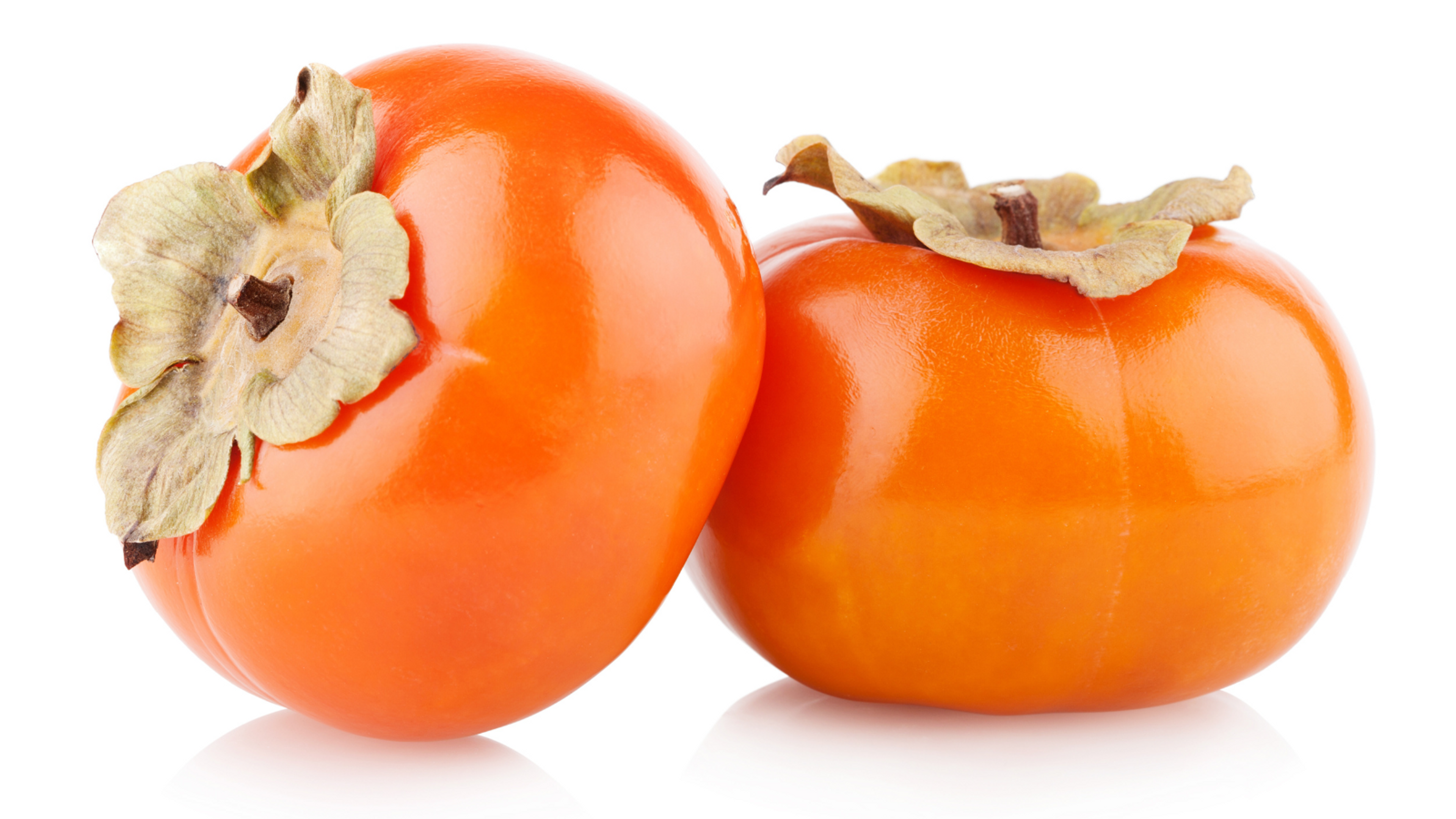
American persimmons are an excellent source of vitamin C for vegetarians, offering 22% of the recommended daily intake. These fruits also provide a range of other beneficial nutrients, including potassium, beta carotene, phosphorus, magnesium, and calcium.
With just 118 calories per serving and high in fiber with 6 grams per fruit, American persimmons make a healthy addition to any vegetarian diet. Not only do they pack a punch in terms of nutrition, but they also have a deliciously sweet taste that can be enjoyed on its own or added to various dishes for added flavor and health benefits.
Papayas
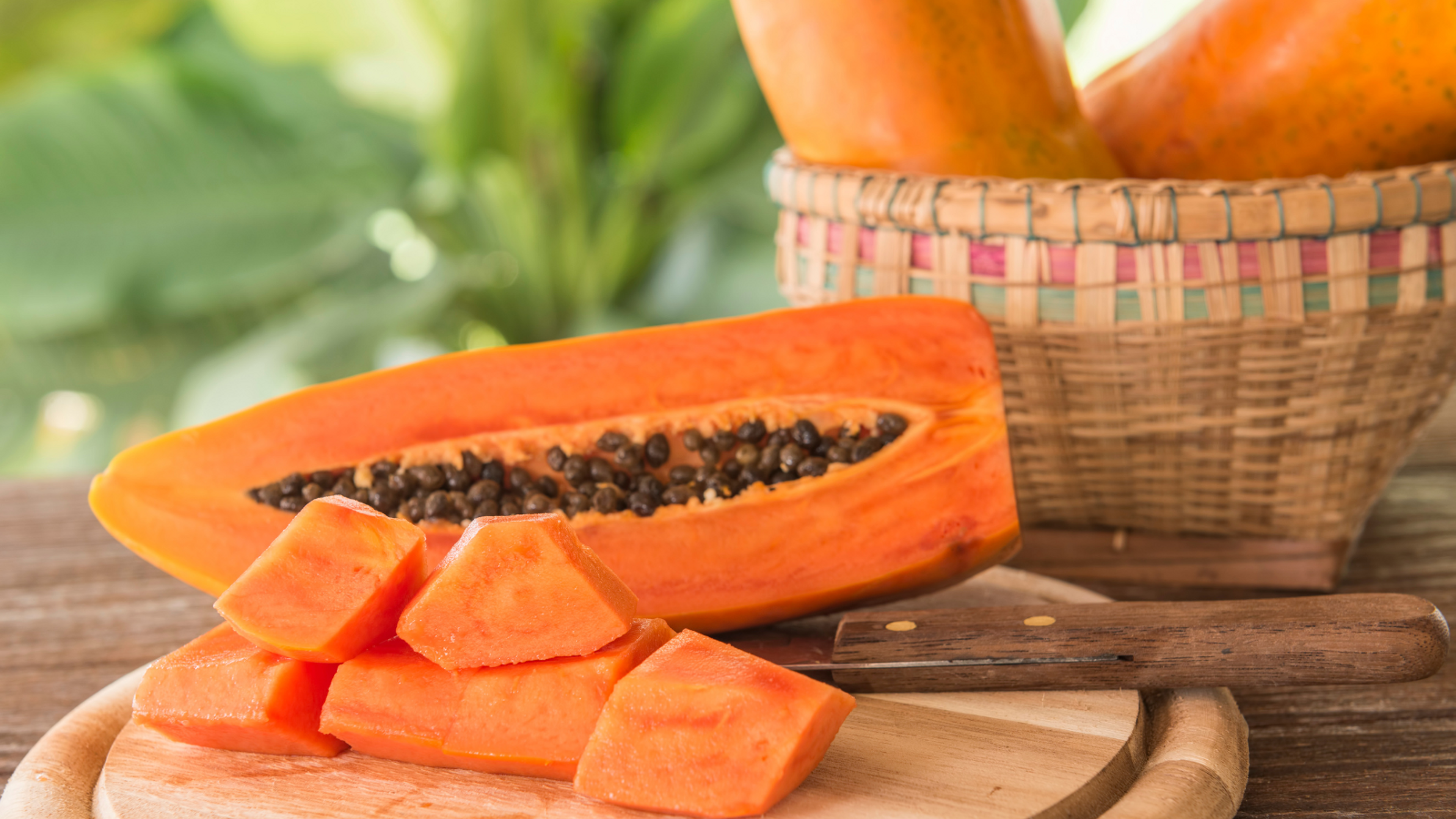
One medium papaya provides a whopping 224 percent of the recommended daily intake of vitamin C. This tropical fruit is not only delicious but also packed with health benefits. Consuming papayas can help lower blood sugar levels and reduce inflammation in the body, making it an excellent choice for those looking to manage their weight or improve their overall health.
Additionally, diets rich in antioxidants, such as papayas, may reduce the risk of heart disease. With about 88 mg of vitamin C in just one cup of cubed papaya, adding this sweet and juicy fruit to your diet is a great way to boost your daily intake of this essential nutrient.
Strawberries
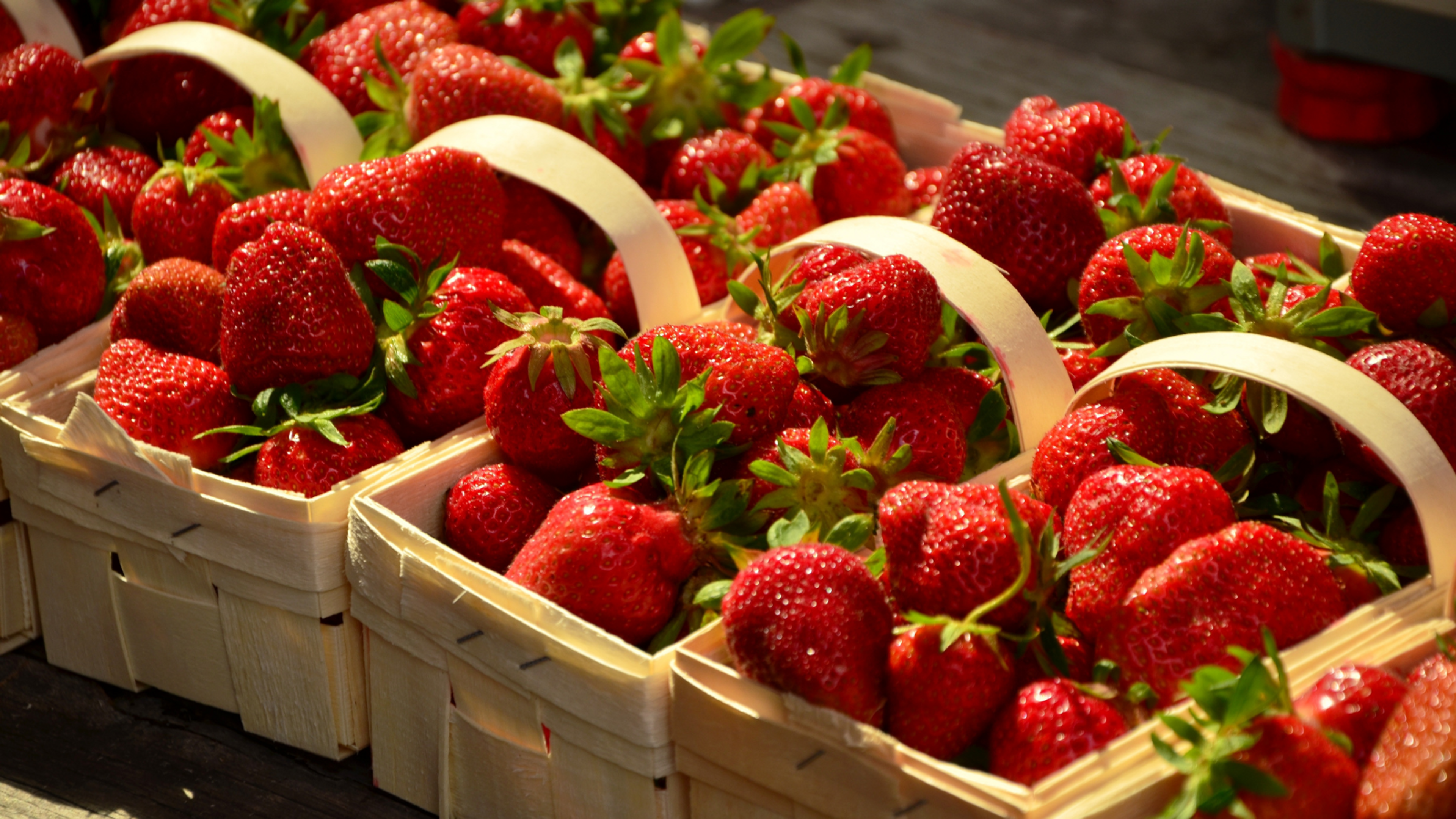
Strawberries are a fantastic choice for vegetarians looking to increase their vitamin C intake. These delicious berries are not only rich in this essential nutrient, but they also contain powerful antioxidants that can help protect the body against harmful free radicals.
In fact, just one cup of sliced strawberries provides a whopping 98 milligrams of vitamin C! With relatively low calories and being a good source of magnesium and fiber, strawberries should definitely be on your list of top vitamin C-rich foods to enjoy.
Oranges
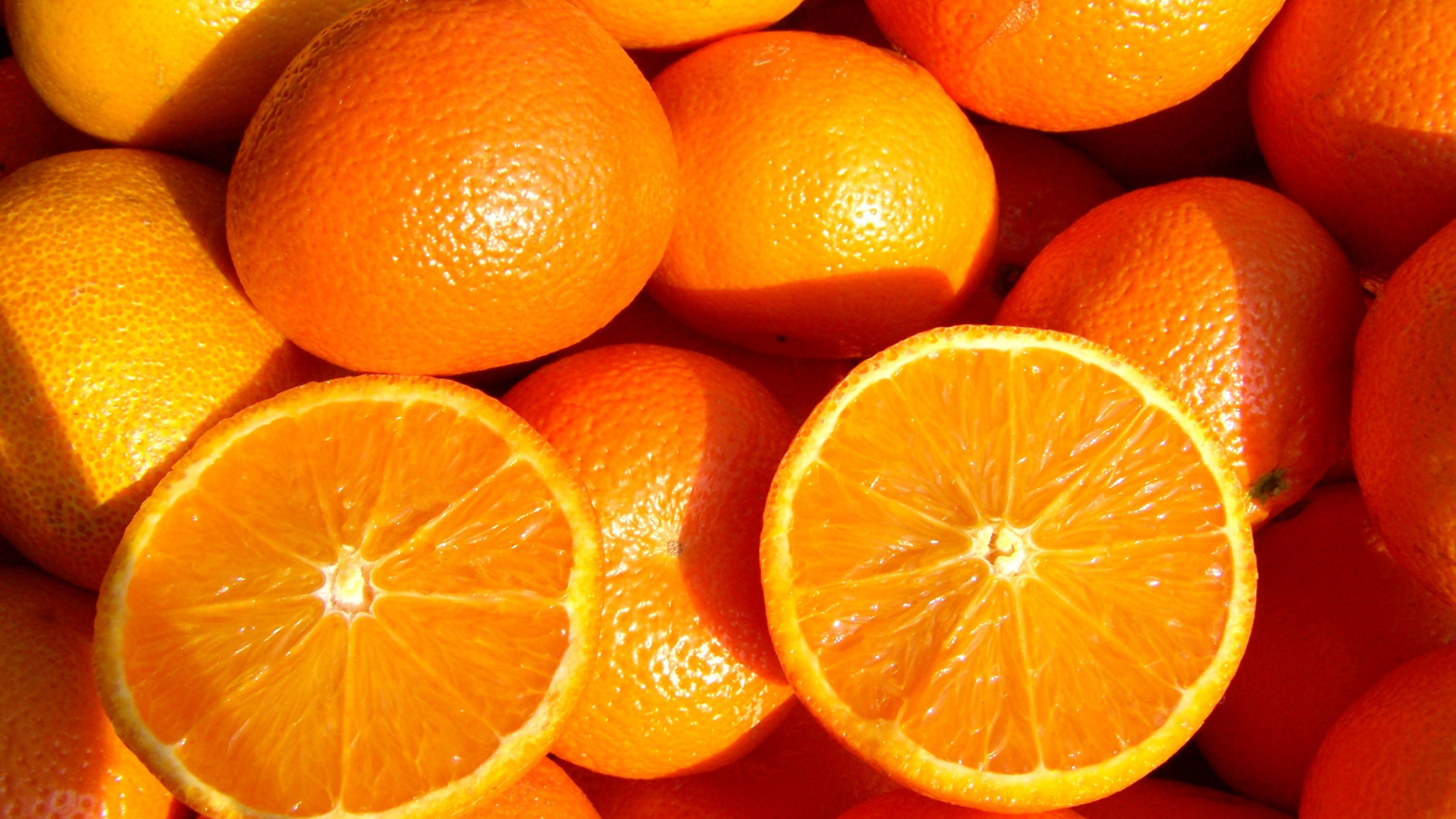
Oranges are widely known as a top source of vitamin C, which is essential for maintaining a healthy immune system. In fact, they provide 70-100 percent of the daily recommended value of this important nutrient.
While oranges may not have the highest levels of vitamin C compared to other fruits and vegetables, they are still a popular choice for boosting immunity and preventing illnesses. Broccoli and pineapple actually contain more vitamin C than an orange.
Nonetheless, adding oranges to your diet can contribute to overall health and well-being.
Benefits and Importance of Vitamin C for Vegetarians
Vitamin C plays a crucial role in supporting the overall health of vegetarians. One of the important benefits is its ability to improve iron absorption, especially non-heme iron that comes from plant sources.
By consuming vitamin C-rich foods alongside iron-rich vegetarian foods like spinach and lentils, vegetarians can enhance their body's ability to absorb this essential mineral.
Another significant benefit of vitamin C is its antioxidant properties. As an antioxidant, it helps protect our cells from damage caused by harmful free radicals. This damage can lead to various chronic diseases and even DNA mutations.
By including vitamin C-rich fruits and vegetables in their diet, vegetarians can combat oxidative stress and reduce inflammation in their bodies.
Moreover, adequate intake of vitamin C supports the immune system function for vegetarians. It enhances white blood cell production and strengthens the body's defenses against infections and illnesses like common colds.
It should be noted that while many fruits and vegetables are excellent sources of vitamin C, some plant-based diets may not provide enough of this vital nutrient for vegetarians. In such cases, taking vitamin C supplements or fortified foods can help ensure they meet their daily requirements.
How to Incorporate Vitamin C-Rich Foods into a Vegetarian Diet
Incorporating vitamin C-rich foods into a vegetarian diet is easy and delicious. Here are some simple ways to add these foods to your daily meals:
- Start your day with a glass of freshly squeezed orange juice or a bowl of sliced strawberries.
- Snack on juicy kiwi or grapefruit segments throughout the day.
- Add chopped bell peppers to salads, stir-fries, or roasted vegetable dishes.
- Mix diced tomatoes into salsa, sauces, or soups for an extra burst of vitamin C.
- Enjoy a crunchy salad with shredded cabbage and broccoli florets.
- Make a refreshing smoothie with kale, spinach, and citrus fruits like oranges or lemons.
- Roast Brussels sprouts in the oven for a crispy side dish packed with vitamin C.
- Toss some sliced guavas or papayas into fruit salads for a tropical twist.
Cooking and Storing Vitamin C-Rich Foods
Cooking and storing vitamin C-rich foods is essential to preserve their nutritional value. Here are some tips to ensure you get the most out of these foods:
- Avoid boiling: Boiling reduces the vitamin C content of foods the most compared to other cooking methods. It can cause a significant loss of this important nutrient.
- Opt for steaming or stir-frying: These cooking methods help retain more of the vitamin C content in foods like broccoli, spinach, and lettuce.
- Eat raw whenever possible: Some fruits and vegetables, like guava and sweet red peppers, are best enjoyed raw to maximize their vitamin C levels.
- Store properly: To preserve the vitamin C content, store fruits and vegetables in a cool, dark place. Exposure to light and air can lead to nutrient degradation.
- Consume fresh produce: Fresh fruits and vegetables tend to have higher levels of vitamin C compared to canned or processed forms.
Conclusion
In conclusion, this ultimate guide provides a comprehensive list of vitamin C-rich foods for vegetarians to incorporate into their diet. From Kakadu plums to strawberries and kale, there are plenty of delicious options available.
By including these foods in your meals, you can boost your immune system, promote collagen production, and protect against chronic diseases. Don't forget to take advantage of the many health benefits that come with consuming enough vitamin C as a vegetarian!
FAQs
1. What are some vitamin C-rich foods that are suitable for vegetarians?
Some vitamin C-rich foods that are suitable for vegetarians include citrus fruits like oranges and grapefruits, strawberries, kiwi, bell peppers, broccoli, kale, and spinach.
2. How can I incorporate more vitamin C into my vegetarian diet?
You can incorporate more vitamin C into your vegetarian diet by including a variety of fresh fruits and vegetables in your meals. Consider adding citrus fruits to salads or using them in smoothies, incorporating bell peppers or broccoli into stir-fries or roasted vegetable dishes, and including leafy greens like kale and spinach in soups or salads.
3. Can taking a vitamin C supplement replace consuming vitamin C-rich foods?
While taking a vitamin C supplement can help meet your daily recommended intake of the nutrient, it is always best to obtain nutrients from whole foods whenever possible. Whole foods provide additional benefits such as fiber and other essential nutrients that supplements may not offer.
4. Are there any side effects of consuming too much vitamin C-rich foods as a vegetarian?
Consuming excessive amounts of vitamin C-rich foods is generally safe for most people. However, very high doses may cause digestive issues such as diarrhea or stomach cramps. It is important to follow the recommended dietary guidelines for vitamins and minerals to maintain balance in your overall diet.

